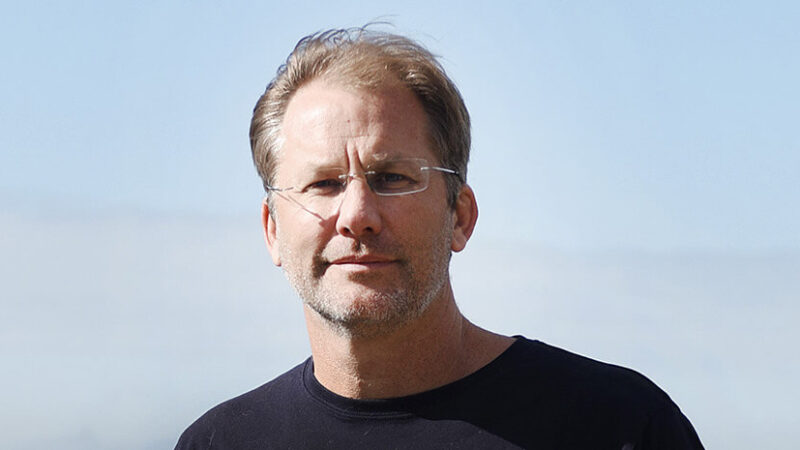Jacqueline Freeman: Listening to the Wisdom of Honeybe...
Jacqueline Freeman is a biodynamic farmer and natural beekeeper who speaks internationally on organic beekeeping, women in agriculture, and cultivating a more holistic relationship with nature. With Sounds True, she has published the book Song of Increase: Listening to the Wisdom of Honeybees for Kinder Beekeeping and a Better World. In this episode of Insights at the Edge, Tami Simon and Jacqueline discuss the unique unity consciousness of bees and how understanding their perspective opens up profound new views of existence. They talk about the challenges facing bees in the modern world and why thriving beehives are essential for a healthy ecosystem. Finally, Jacqueline describes her ability to communicate with bees, the messages she has received from them, and the purpose of a bee’s life—from the bee’s perspective. (70 minutes)







